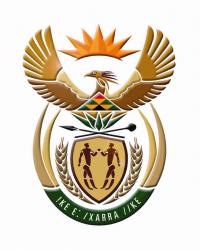South Africa, 25 years without apartheid: "I could not enter into bars, today I struggle to heal the wounds of the Country
A quarter of a century has passed since 27 April 1994, the day of the first free elections open to the whole population without discrimination of color, gender and social class. "For the first time in the history of South Africa - says the South African Ambassador to Italy, Shirish Soni - whites, blacks, persons of mixed origins, Indians, all of them went to the polls: it was the day that practically sanctioned the end of apartheid".
The racial segregation system imposed by the white minority in 1948 had divided society for almost fifty years. The separation was total: from public transport to housing as well as professions. Even the schools were not spared, so much that they provided for different curricula for whites and blacks: in fact the latter were forbidden to teach scientific subjects. Loredana Rabellino, coordinator of the projects for MAIS Onlus, a non-governmental organization that has been dealing with long distance support and education in South Africa, reminds us of this.
In the early 1990s, Nelson Mandela's African National Congress sponsored the Yeoville Community School, one of the first multiracial state primary schools. Since 1993 the Institute is supported by MAIS Onlus with a distance support project. The project leader is Jackie Stevenson, President of MAIS Africa and Director of the Yeoville Community School until December 2002.
"The consequences of the laws on education can still be seen today," says Rabellino, who underlines how at present the country has to face the problems also related to short-sighted political choices. Stevenson echoed: "We must return to the values embraced by Mandela and work together".
by Chiara Nardinocchi
production by Monica Bartolini
footage of Valeria Lombardo and Luciano Coscarella
Elena Rosiello editing La Repubblica



